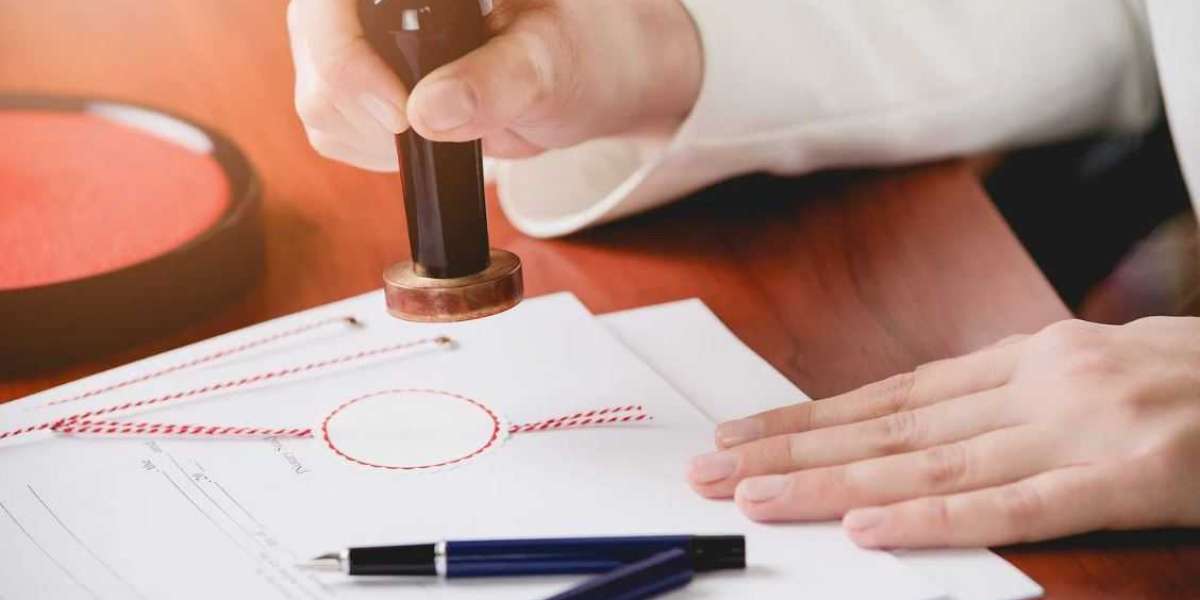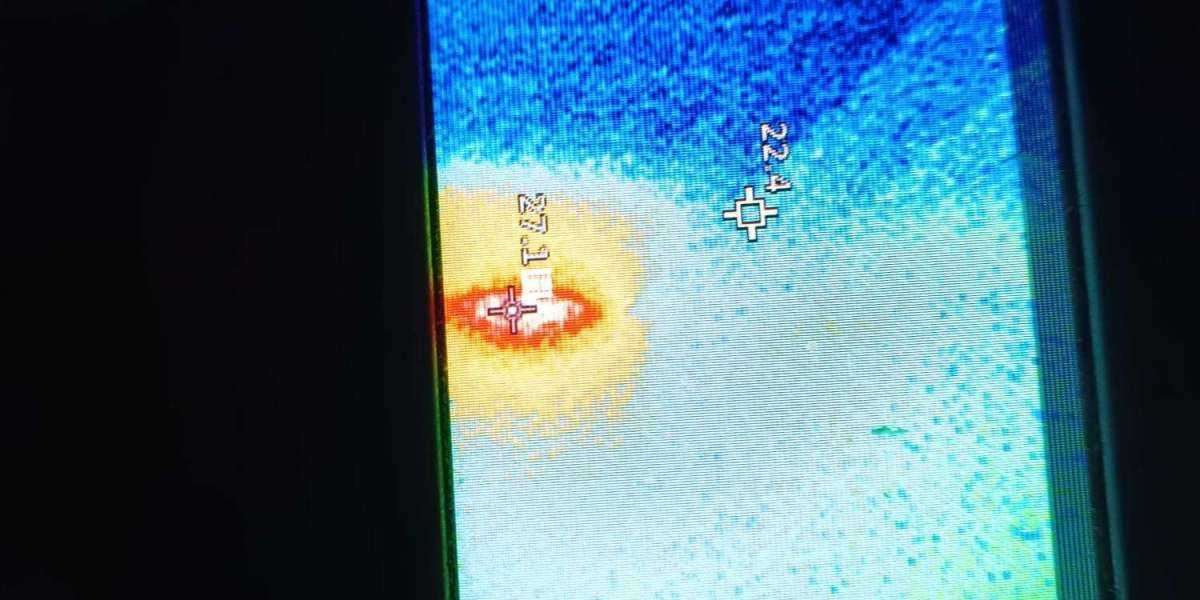When dealing with international legal procedures, education, immigration, or employment matters involving the United States, the term US attestation often becomes essential. Attestation refers to the process of verifying the authenticity of a document so that it is recognized as valid in another country. For instance, if someone from a foreign country wants to use their academic, personal, or commercial documents in the US or from the US in another country, those documents must be attested through a structured process. Whether you are a student heading for higher education abroad, an expatriate planning to relocate, or a business owner looking to expand operations internationally, understanding the steps and importance of US attestation is crucial for smooth legal compliance.
Why US Attestation Is Required for International Document Use
The requirement for US attestation stems from international laws that govern document legitimacy across borders. Each country has its own framework for verifying foreign documents, and most countries require that documents issued in the US be authenticated before they can be legally accepted elsewhere. This includes birth certificates, marriage certificates, academic transcripts, diplomas, commercial invoices, powers of attorney, and more. Attestation ensures that these documents are not only valid but also trustworthy, eliminating the possibility of fraud or misrepresentation. Without proper attestation, documents may be rejected by foreign embassies, universities, or employers, causing unnecessary delays or denials of visa, admission, or business operations.
Types of Documents Requiring US Attestation
The US attestation process covers a wide range of documents. Personal documents like birth and death certificates, marriage and divorce certificates, affidavits, and passports are commonly attested for immigration or visa purposes. Educational documents such as degrees, diplomas, transcripts, and course completion certificates often require attestation when applying for student visas or university admissions. Commercial documents including company agreements, invoices, board resolutions, or financial statements need to be attested when expanding business operations internationally or participating in global tenders. Each document category may have a different procedure, and requirements can vary depending on the destination country, making it critical to follow country-specific attestation guidelines.
The Step-by-Step Process of US Attestation
The US attestation process typically involves multiple steps and authorities to ensure complete validation. The process generally starts with notarization, where a licensed notary public certifies the authenticity of the document and the identity of the signatory. After notarization, the document must be authenticated by the Secretary of State in the state where the document was issued. Once the state-level authentication is complete, the document is then forwarded to the US Department of State in Washington, D.C., for federal authentication. The final step involves the embassy or consulate of the country in which the document is to be used. Some countries may also require legalization from the Chamber of Commerce for business-related documents. This multi-tier process helps in building a chain of trust from document origin to international acceptance.
US Attestation vs Apostille: Key Differences Explained
Many people confuse attestation with apostille, but they serve slightly different purposes based on international treaties. Apostille is a simplified form of attestation used between countries that are members of The Hague Convention of 1961. When the destination country is a member of this convention, a document only needs an apostille certificate issued by the designated authority, which eliminates the need for further embassy attestation. However, if the country is not a member of the Hague Convention, full US attestation is required, including embassy or consulate involvement. Knowing the status of your destination country in relation to the Hague Convention helps determine whether you need attestation or apostille.
Challenges in the US Attestation Process and How to Overcome Them
Navigating the US attestation process can be complex, especially for individuals unfamiliar with bureaucratic procedures or country-specific regulations. Challenges include identifying the correct authority for notarization, dealing with delays in state or federal authentication, fulfilling language translation requirements, and meeting the embassy's guidelines. Additionally, incomplete documentation or missing seals and stamps can lead to rejection of attestation. To overcome these obstacles, many individuals and businesses prefer to work with professional attestation agencies that are well-versed in international documentation standards. These service providers handle the entire process, from collection and preparation of documents to final embassy submission, saving clients valuable time and effort.
Benefits of Getting Your Documents Attested Properly
Having your documents attested professionally and in compliance with international protocols offers numerous benefits. First and foremost, it guarantees legal recognition of your documents in the target country, facilitating seamless processing of visas, admissions, employment contracts, or trade agreements. Attestation also safeguards against fraud and ensures that only genuine documents are being accepted and processed. Furthermore, it provides peace of mind, knowing that your documents are valid and legally compliant. In cases involving time-sensitive applications or international deadlines, properly attested documents can make the difference between success and failure. Therefore, understanding and complying with US attestation standards is not just a formality—it’s a necessary step toward achieving your international goals.
Choosing a Reliable Attestation Service for US Documents
Given the critical importance and complexity of the attestation process, selecting a reliable service provider can make a significant impact. A professional attestation agency will offer end-to-end support, including document pickup, notarization, state and federal authentication, embassy submission, and final delivery. They ensure your documents meet the specific standards of the country where they will be used. Moreover, trustworthy agencies are transparent about timelines, costs, and document tracking, keeping you informed throughout the process. Whether you’re a student, jobseeker, entrepreneur, or family member planning a move abroad, working with experts in US attestation services helps streamline your experience and ensures successful documentation.
Conclusion
In today’s global environment, properly attesting US-issued documents is a vital step in meeting international legal, academic, and business requirements. Whether it's for immigration, study, marriage, or commerce, US attestation acts as the legal bridge between your personal or professional documents and foreign government authorities. A thorough understanding of the attestation process, its significance, and choosing the right service provider can make this journey much smoother. For individuals and companies alike, this validation process is no longer optional—it’s a prerequisite for successful international ventures. If you want reliable assistance throughout your document attestation process, consider working with Certificate Attestation, a trusted name in global attestation solutions.








